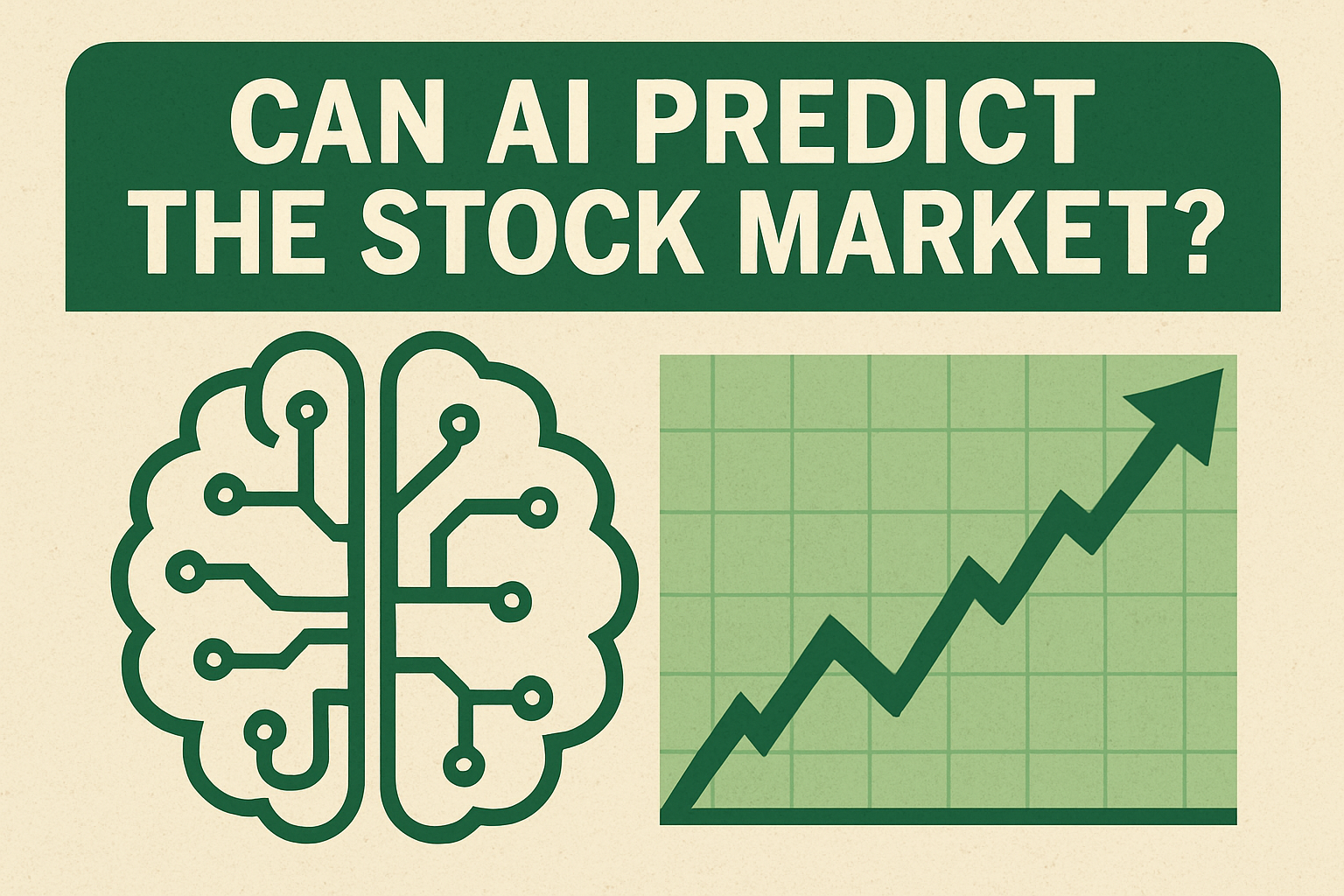
AI Stock Predictor: Boom or Bubble?
The dream of using artificial intelligence to beat the stock market is as alluring as it is controversial. With the recent surge in AI development and major players like Nvidia investing billions into AI infrastructure, the conversation has reignited—can AI truly predict market behavior better than humans?
“CoreWeave's market cap exceeded $37 billion by midday today, which is a little more than 7 times this year's revenue projections.”
— The Motley Fool
In May 2025, Nvidia revealed a $900 million investment in CoreWeave, a cloud computing firm that specializes in AI infrastructure. The move sent shockwaves through both tech and finance circles, with CoreWeave's valuation skyrocketing and speculation mounting about Nvidia’s long-term goals. Many analysts believe this isn’t just about GPUs—it's about dominance in AI-powered data processing, including stock forecasting.
AI stock prediction tools use deep learning to analyze vast quantities of financial data—price histories, earnings reports, news sentiment, even social media trends. The goal? To detect patterns invisible to the human eye. Firms like Numerai and tech giants such as Google and Amazon have long been experimenting with AI-driven funds and prediction algorithms, but recent developments in generative AI and language models are adding new layers of sophistication.
But can they really predict the market? Critics argue that stock prices are influenced by chaotic human behavior, geopolitical shifts, and random events—making them fundamentally unpredictable. However, AI doesn’t need to be perfect; it just needs to be slightly better than the average investor. And in a world driven by fractions of a percent, that small edge can be everything.
There are also concerns. As more hedge funds and institutions rely on AI, we could see increased market volatility. Some fear the rise of “black box trading,” where no one—not even the developers—fully understands how decisions are made. If an AI model triggers mass buying or selling, it could create feedback loops capable of crashing markets.
Yet, the appetite for AI in finance continues to grow. With faster training times, specialized chips, and massive datasets, AI models are improving at a breakneck pace. Nvidia’s investment in CoreWeave may be the strongest signal yet that the future of Wall Street isn’t a human trader—it’s a neural network.
Still, one question remains: will AI become the crystal ball investors have always dreamed of, or will it just be another tool—powerful, but imperfect—in the chaotic dance of capitalism?